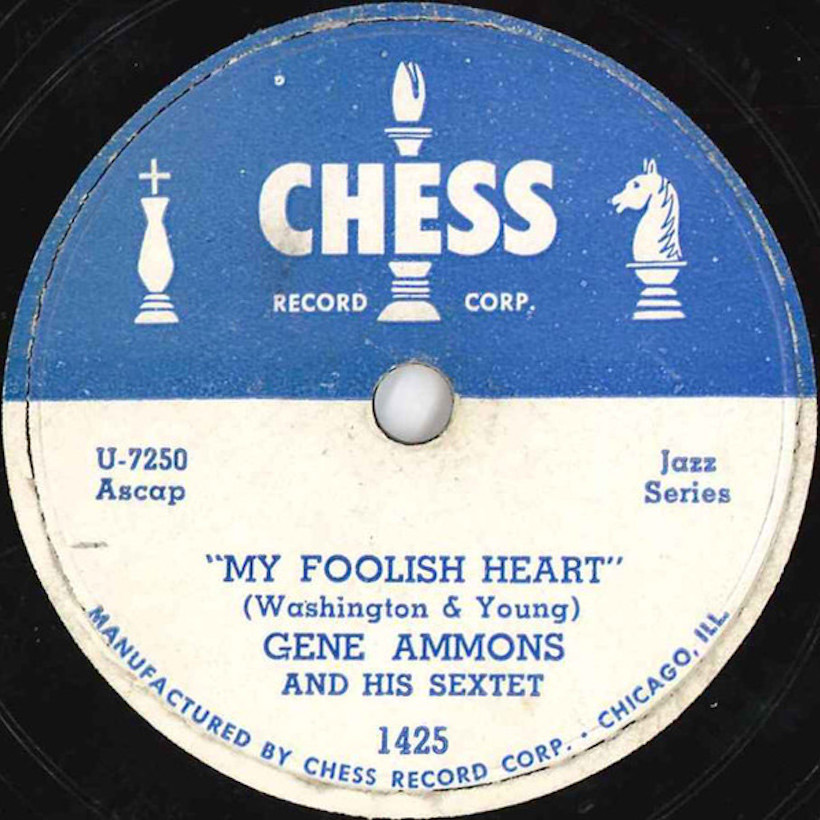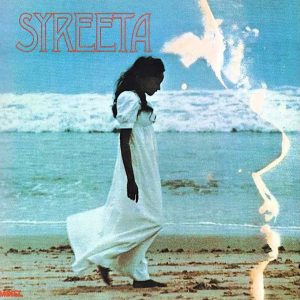Gene Ammons is a name that you might be familiar with these days, but his legacy looms large in the history of the iconic Chess Records. His song “My Foolish Heart” was the label’s first hit, confirmation that the imprint was on the right track.
The story of Chess begins in early 1947. At that point, two Polish-born, nightclub-owning brothers, Leonard and Philip Chess (real name Chez) bought into the established Aristocrat label and had their first major success with Muddy Waters, “Can’t Be Satisfied.” Nearly two years later, Leonard and Phil bought out their original partner and renamed their label Chess Records. The new label’s first release was the 78 RPM single “My Foolish Heart” b/w “Bless You” by saxophonist Gene Ammons. It was released as Chess 1425 in June 1950, going on to became the label’s biggest hit of the year after it entered the R&B chart on July 29, 1950. It was nothing like the sound we associate with the Chicago powerhouse, but it was still a great record.
In 1951, Chess began an association with Sam Phillips‘ Memphis Recording Service and, as a result, the label released “Rocket 88” by Jackie Brenston and his Delta Cats which topped Billboard’s R&B Records chart. One of the most important artists that signed to Chess through this association with the Memphis recording studio was Howlin’ Wolf, who stayed with the label until his death in 1976.
Along with these new names came other signings, including Jimmy Rogers, Eddie Boyd and his Chess Men, Willie Mabon, and Memphis Slim. By 1952 the Chess brothers started a subsidiary they named Checker; among those on this new label were Elmore James, Little Walter, Memphis Minnie, and Sonny Boy Williamson.
By 1955, Chess expanded still further, as well as crossing over into the rock ‘n’ roll market with Chuck Berry and Bo Diddley. Otis Rush and Buddy Guy also joined, giving Chess a harder, younger edge. Much of Chess’s success was down to the excellent work of A&R man, composer, and general Mr Fix-it Willie Dixon. Dixon’s bass playing coupled with Fred Below’s peerless drumming are essential to the Chess sound.
Throughout the late 1940s and 1950s, Chess was the soundtrack to much of Black America. They were the Motown Records of their day. Chess was also treasured by young British guys, keen to hear the blues, who would write off to Chicago record stores to order the very latest recordings, which they absorbed and copied. Soon enough, British bands playing the blues were being listened to by white America, many of whom were unaware of the treasury of brilliant music that was theirs for the listening.
Follow the Chess Records Essential playlist for more Chess classics.




